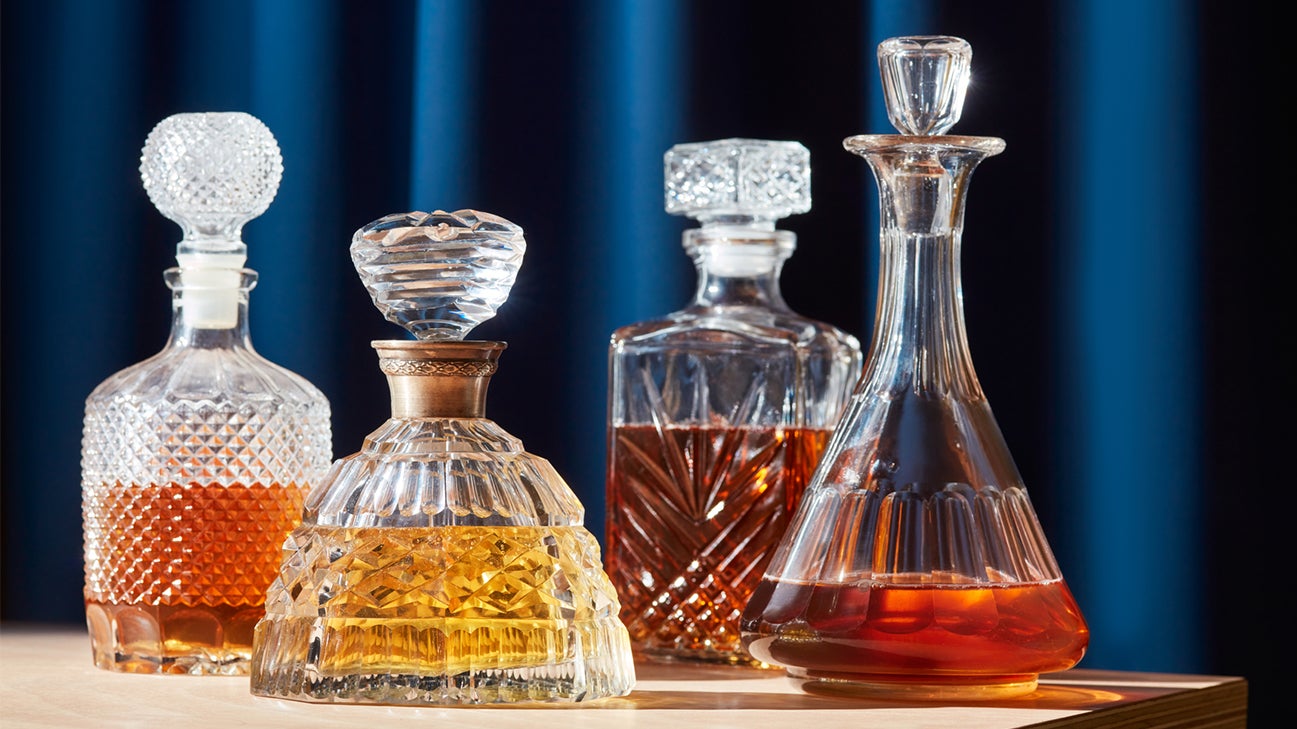When cooking with wine or liquor, does all the alcohol burn off?

The answer is no. It’s true that alcohol boils at a much lower temperature than water (173 degrees Fahrenheit compared with 212 degrees Fahrenheit), so in a sauce, for example, the alcohol will begin to evaporate before the water does. But simply heating the alcohol (or any other cooking liquid, for that matter) will not make it all evaporate.
Wine and liquor are often called for in marinades or to deglaze a pan for a sauce. Jim Lapsley, adjunct associate professor in the Department of Viticulture & Enology at the University of California–Davis, says the amount of alcohol left after cooking will depend on three factors: concentration, heat, and time. A recipe using a higher percentage of alcohol heated briefly will retain more alcohol than a recipe using a lower percentage of alcohol heated for a long time. For example, crêpes suzette flambéed with Grand Marnier will retain more alcohol than boeuf bourguignon made with red wine that has been cooked for several hours.
A 2003 study by the USDA’s Nutrient Data Laboratory shows that the amount of alcohol retained in food can range from 5 to 85 percent, depending on the preparation method. For baked or simmered dishes with alcohol mixed in, after 2 1/2 hours of cooking time, 5 percent of the original amount of alcohol is left. But when the alcohol is added to a boiling liquid and then removed from the heat, 85 percent of the alcohol remains.


0 Commentaires